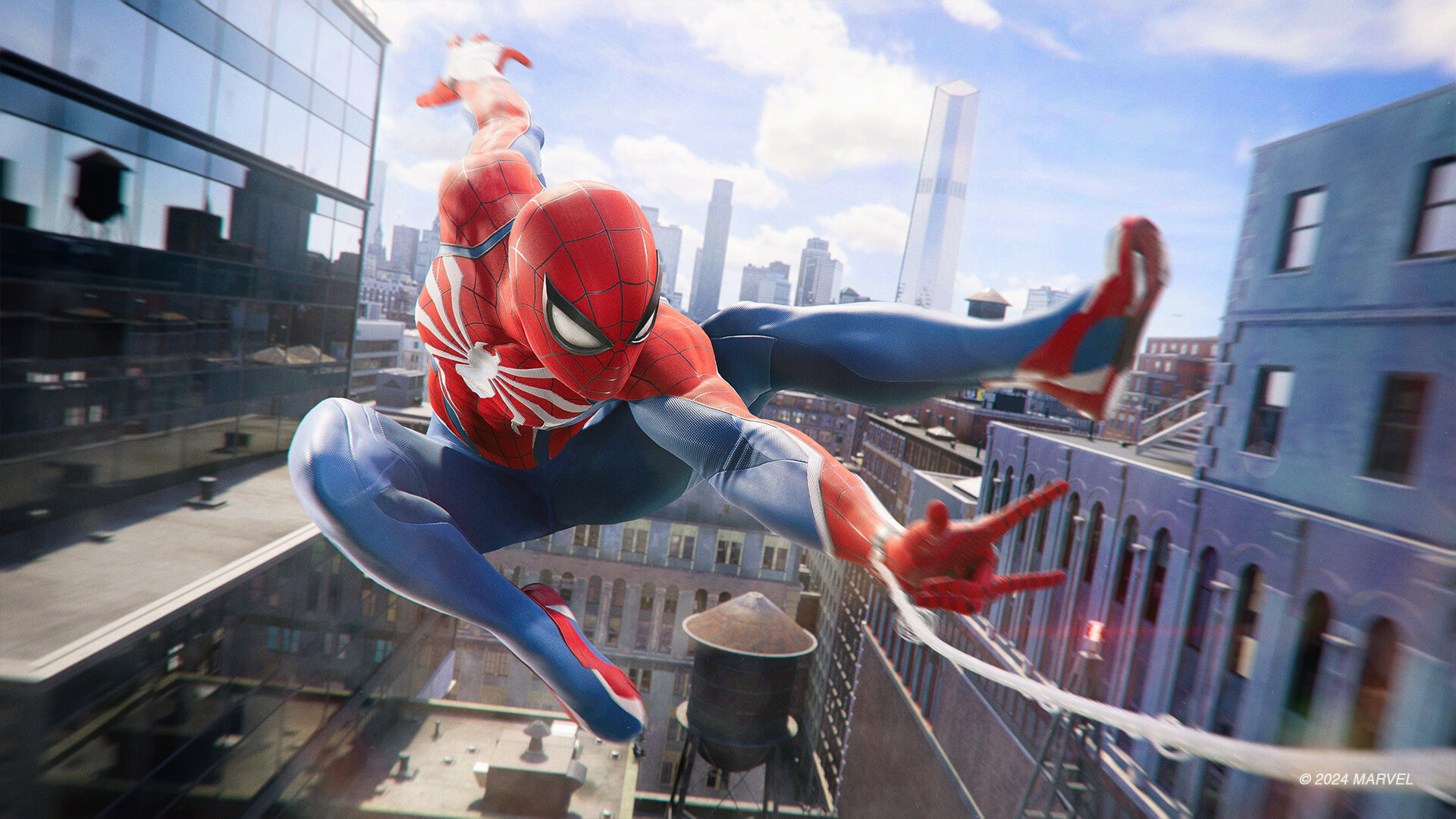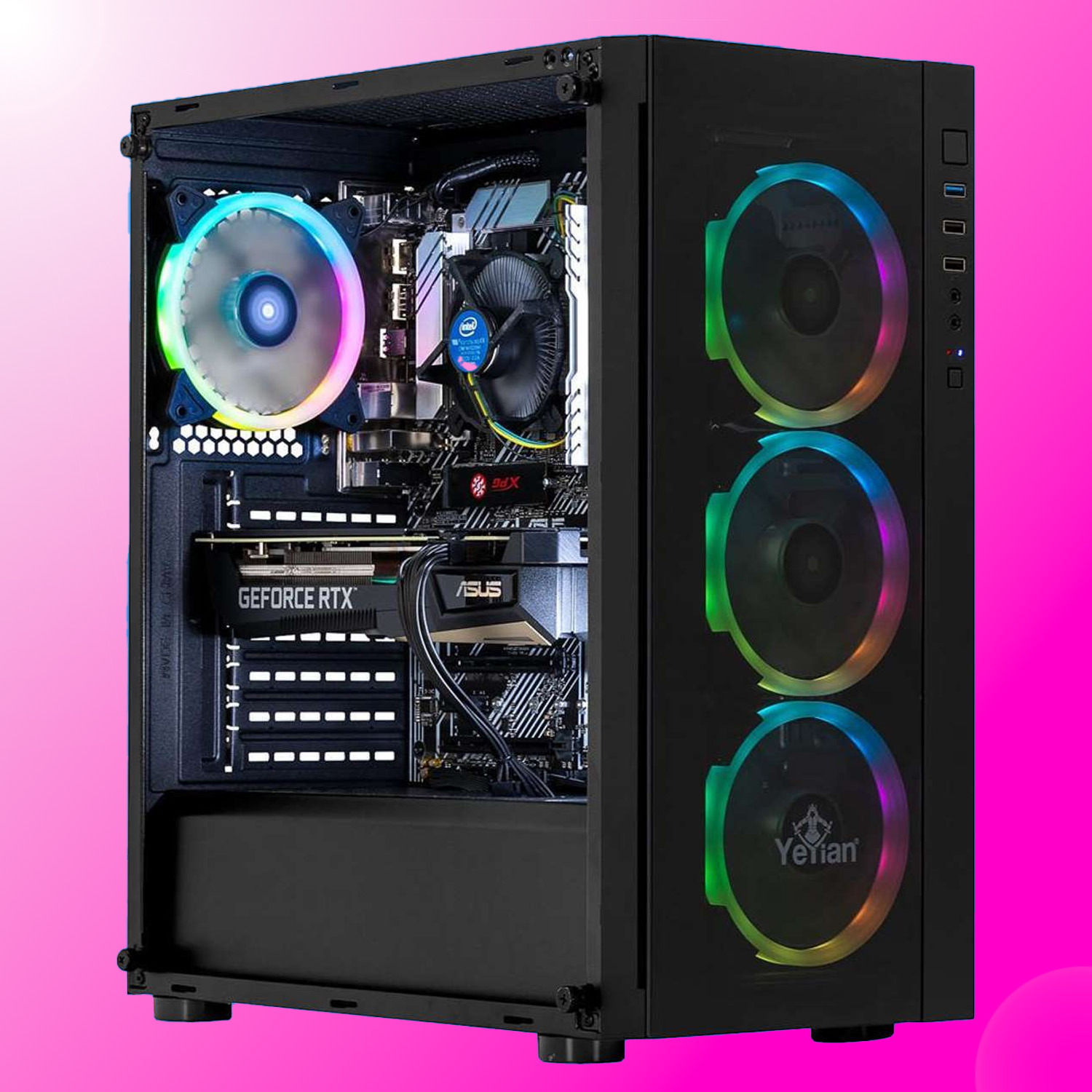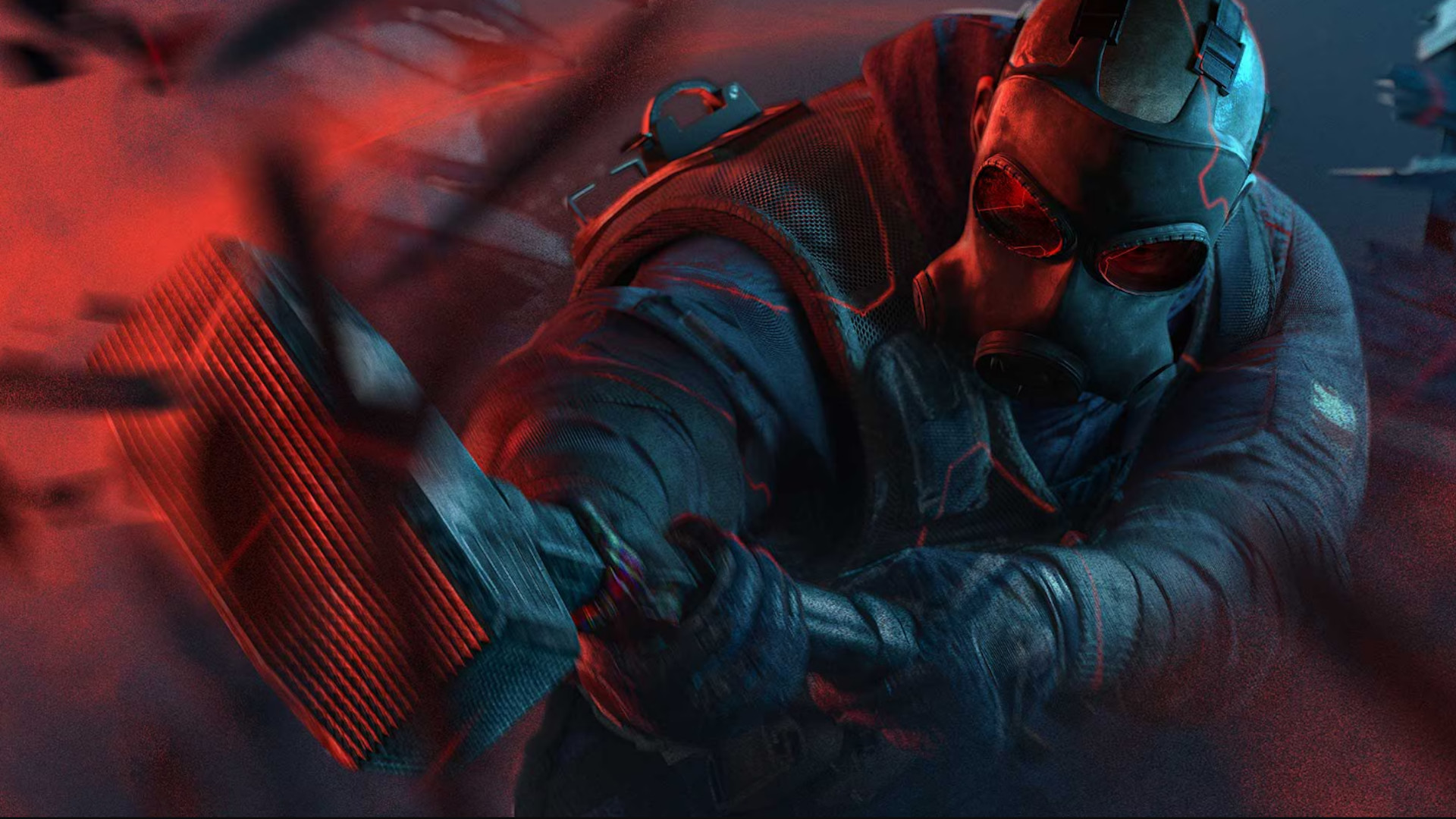
Not Nixxes' finest hour, that's for sure.
The newly released PC port of Marvel’s Spider-Man 2 hasn’t enjoyed the smoothest of launches, thanks to bugs and performance problems. And now it seems that one aspect of the conversion that is making things worse is the use of DirectStorage, with the system sucking up all-important GPU resources.
Spider-Man 2 was ported by Nixxes Software, which has a pretty stellar track record for converting Sony’s best-sellers. Well, up until now, that is. The Dutch software company portfolio of…err…ports is second to none: Marvel’s Spider-Man and Spider-Man: Miles Morales; Ratchet & Clank: Rift Apart; Horizon Zero Dawn Remastered and Horizon Forbidden West. Oh, and the entire rebooted Tomb Raider trilogy.
Confirmed. DirectStorage in Spider-Man 2 uses GPU decompression, and as @Sebasti66855537 shows, it degrades performance when leaving it enabled. https://t.co/3wCrR1b3gy pic.twitter.com/kUnoCE5uNvFebruary 2, 2025
So what’s gone wrong with Spider-Man 2? According to tech channel Compusemble on X, the issue seems to be the use of DirectStorage. This is a Microsoft API that’s used to reduce the CPU overhead when transferring thousands of compressed files from an SSD to a graphics card’s VRAM. Instead of handling each file serially, DirectStorage lets the CPU multitask the process and use system memory in a more efficient manner.
Nixxes has plenty of experience with DirectStorage as it’s used this before in its other Sony ports. However, Compusemble points out one important difference: Spider-Man 2 is using the GPU decompression option in DirectStorage, something that most of the other ported games don’t have enabled (the exception being Ratchet & Clank, at high graphics settings).
Many games store all the assets in a compressed format, to make it faster to download and to take up less space on the SSD or hard drive. However, for the GPU to use them, they need to be decompressed and that job is traditionally handled by the CPU. DirectStorage, though, has the option to let the GPU do it instead, via a system called GDeflate.
That’s fine to use if the graphics processor has lots of spare performance to allocate to the task but not if it’s already tied up handling the normal rendering duties. This is why Nixxes didn’t use GPU decompression in Ghost of Tsushima, for example, so I’m a little puzzled as to why it thought that it would be fine in Spider-Man 2, a game that can be set to use ray tracing, in a world that’s open and fast-moving.
Now, you might think that this is an easy fix. All Nixxes has to do is release a patch that just disables the use of GPU decompression, right? This is possibly all it may take but equally, disabling GDeflate might cause significant problems on gaming PCs with weaker CPUs, or there might be sections of the game that are already very demanding on the CPU—handing the decompression back over to the central processor might just turn those parts even worse.
The PlayStation 5 doesn’t suffer from this issue because it has dedicated hardware for handling asset transfers and decompression, whereas the humble gaming PC doesn’t. Developers have to make do with using the CPU and GPU, but given how capable such chips are these days, surely it shouldn’t be this bad?
Perhaps the more important question to ask is whether this is a sign of Nixxes Software being stretched too much on porting projects, as it’s done seven such tasks in a little over two years. And there’s the fact that Spider-Man 2 only appeared on the PS5 in October 2023, so if one assumes that Nixxes started the port soon after, it was having to do that at the same time as converting Ghost of Tsushima and the two Horizon games.
I’m confident that the problem will eventually be solved but given Sony’s push to have all its big releases coming to PC as soon as possible, after their initial PS5 launch, I do wonder if Nixxes will have to say no to some projects, simply because it doesn’t have the capacity to do them properly. And if Spider-Man 2 is anything to go by, that might be a very sensible decision.
Best gaming PC: The top pre-built machines.
Best gaming laptop: Great devices for mobile gaming.





